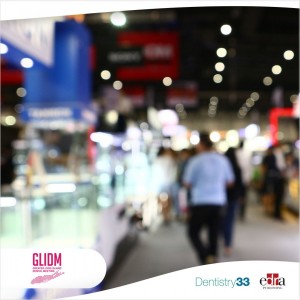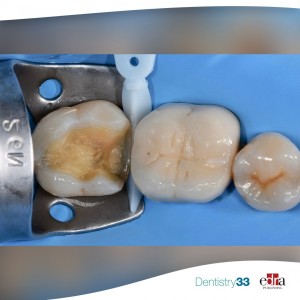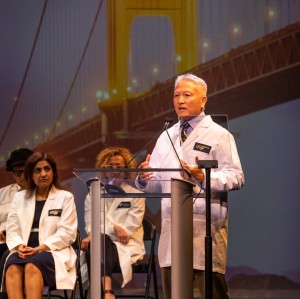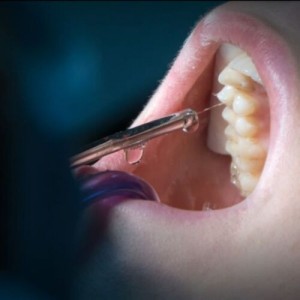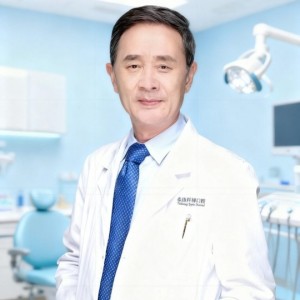
Cracked teeth and endodontic treatment
Lara Figini
The cracked tooth is characterized by an incomplete fracture that can extend from the crown to the subgingival level. However, the presence of restorations and the limitations of examination tools can distort the true incidence of cracked teeth. Some factors can increase the likelihood of developing a crack; for example, large amalgam restorations at the level of the mandibular molars are often associated with cracks. More treatments have been proposed in recent decades for the management of fractured teeth, but an accurate and reproducible method for diagnosing the extent or severity of the fracture is still missing. As a result, the decision on which path to take to treat cracked teeth is often based on personal experience and anecdotal evidence.
Materials and methods
In an in vitro study, published in the February 2021 Journal of Endodontics, the authors investigated the correlation of multiple factors with the prognosis of endodontically treated fractured teeth. 3680 patients who received endodontic treatment with at least 1 year follow-up were evaluated. From this sample, 62 patients met the inclusion criteria and were included in the final analysis. Teeth were included where fractures could be observed under the surgical microscope, with or without the aid of methylene blue. Tooth extraction was suggested if the fracture line extended to the pulp chamber floor or beyond the canal orifices. Visible cracks at high magnification were identified in 64 teeth using an operating microscope, but two samples were excluded due to incomplete follow-up documentation. Factors evaluated included demographics, clinical symptoms and signs, radiographic findings, and type of restoration. Statistical analysis was performed using the chi-square test and Fisher's test.
Results
The mean follow-up period was 23.3 months, with an overall success rate of 75.8%. Success rates differed significantly if the tooth had a preoperative periapical lesion, lacked adequate permanent restoration, or had a post inserted after root canal treatment. Data analysis showed that tooth restoration after dental treatment was the most important factor for prognosis. Fractured teeth treated endodontically with definitive full-coverage restorations had a 2-year success rate of 93.6%.
Conclusions
From the data of this study, which must be confirmed in other similar studies, it can be concluded that a full-coverage restoration has a much higher success rate (93.6%) than unrestored teeth (20%). In contrast, the presence of periapical radiolucency, post placement, and increased probing depth all negatively impact the success rate of fractured teeth.
For additional information: Factors Related to the Outcomes of Cracked Teeth after Endodontic Treatment
 Related articles
Related articles
USA 25 April 2023 - 26 April 2023
April 25-26, Melville, New York
All sessions will be held in the Hilton Hotel, to include full and half-day scientific programs and table clinics with over 140 exhibitions displaying the latest in technology, equipment, supplies...
In this paper, researchers reviewed and discussed eight articles published between 2017 to 2022 describing clinical characteristics of posterior teeth with cracks and their treatment and outcomes.
Restorative dentistry 03 November 2022
Dental cracks always represent a problem that is difficult to manage and diagnose by the dentist.
 Read more
Read more
Editorials 10 October 2025
With proud smiles and crisp white coats, ninety-three learners from the DDS Class of 2029 and the International Dentist Pathway Class of 2028 marked the start of their dental careers at the UCSF...
Periodontology 10 October 2025
Continuous professional development (CPD) in Periodontology refers to the overall framework of opportunities that facilitate a life-long learning practice, driven by the learner-practitioner and...
TheraBreath, the #1 alcohol-free mouthwash brand in the U.S.*, has introduced a new line of dentist-formulated, clinically tested toothpastes designed to support professional oral care...
News 10 October 2025
New officers and trustees were installed at the Minnesota Dental Association’s Leadership Conference on September 19 in Minneapolis.
News 10 October 2025
Smartee Denti-Technology today announced that Professor Gang Shen, its Chief Scientist and Executive President of TaiKang ByBo Dental, has once again been named to the World’s Top 2% Scientists...



